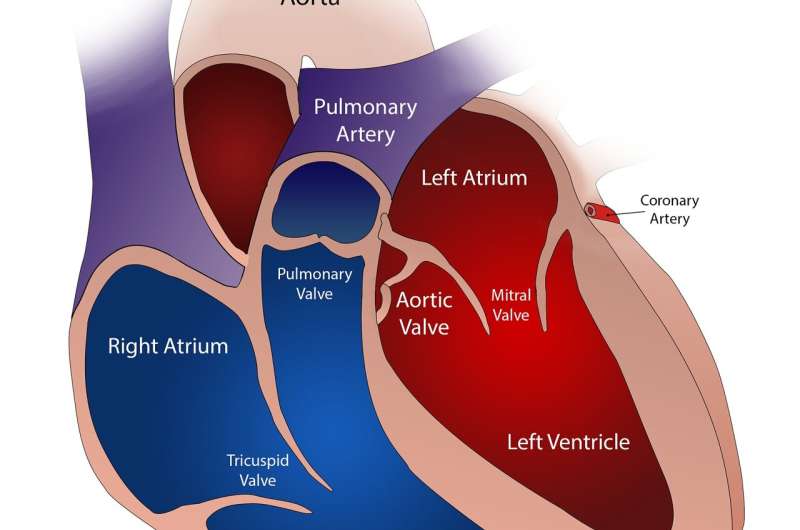Innovative Super-Strong Antibodies Could Enhance Cancer Immunotherapy

Researchers from the University of Southampton have developed a groundbreaking type of antibody designed to significantly strengthen the immune response against cancer. These engineered antibodies are based on modifications to the natural proteins produced by white blood cells, which play a critical role in defending the body from bacteria, viruses, and even cancerous cells. By increasing the rigidity of these antibodies through precise structural engineering—adding extra disulfide bonds—the scientists have created more effective immune activators.
The study, published in Nature Communications, demonstrates that these more rigid antibodies can better trigger immune cells, leading to a stronger attack on tumors. Professor Mark Cragg emphasized that subtle increases in antibody rigidity can lead to substantial immune stimulation, opening new avenues for cancer treatment. The approach involves customizing the shape and flexibility of antibodies to optimize their ability to activate immune receptors.
Further structural analysis using supercomputers confirmed that the added disulfide bonds enhance the antibody's ability to activate immune cells more efficiently. Dr. Ivo Tews highlighted that this method of controlling antibody conformation could be applicable to other immune molecules, potentially broadening its therapeutic impact.
This advancement represents a promising step toward designing more potent immunotherapies. As Dr. Iain Foulkes from Cancer Research UK noted, understanding how to refine immune activation is crucial for developing effective cancer treatments. These super-strong antibodies could lead to innovative drugs capable of triggering more powerful immune responses, providing new hope for patients battling cancer.
For more information, this research can be accessed through the publication in Nature Communications (2025). The findings mark a significant progress in the field of immunology and cancer therapy, showcasing the potential of structural engineering in medical innovation.
Stay Updated with Mia's Feed
Get the latest health & wellness insights delivered straight to your inbox.
Related Articles
New Insights on Treating Multivessel Coronary Artery Disease: Immediate vs. Staged Revascularization
Recent research at ESC Congress 2025 reveals that staged revascularization may be safer than immediate PCI in certain patients with multivessel coronary artery disease experiencing STEMI, especially those with signs of heart failure. Personalized treatment strategies are crucial for optimal outcomes.
High Rate of Defective Cancer Medications Detected in Sub-Saharan Africa
A recent study reveals that one in six cancer medications in sub-Saharan Africa are defective, risking patient safety due to substandard active ingredient levels. This highlights the need for improved regulation and innovative testing solutions.
Innovative Dual-Laser Photothermal Therapy Enhances Breast Cancer Treatment While Minimizing Healthy Tissue Damage
A new dual-laser photothermal therapy strategy enhances breast cancer treatment by increasing tumor ablation efficiency while reducing damage to healthy tissues, promising advances in precision oncological therapies.



